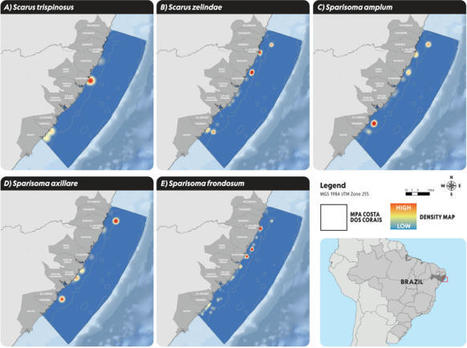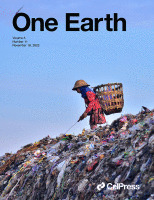Understanding the relative effectiveness and enabling conditions of different area-based management tools is essential for supporting efforts that achieve positive biodiversity outcomes as area-based conservation coverage increases to meet newly set international targets. We used data from a coastal social–ecological monitoring program in 6 Indo-Pacific countries to analyze whether social, ecological, and economic objectives and specific management rules (temporal closures, fishing gear-specific, species-specific restrictions) were associated with coral reef fish biomass above sustainable yield levels across different types of area-based management tools (i.e., comparing those designated as marine protected areas [MPAs] with other types of area-based management).
Research and publish the best content.
Get Started for FREE
Sign up with Facebook Sign up with X
I don't have a Facebook or a X account
Already have an account: Login
Revue de presse et du net par le Pôle de partage des connaissances S&T de l'Office français de la biodiversité
Curated by
DocBiodiv
 Your new post is loading... Your new post is loading...
 Your new post is loading... Your new post is loading...
|
|














via @Georgina_Gurney @MarineCons
Ban, N. C., Darling, E. S., Gurney, G. G., Friedman, W., Jupiter, S. D., & al. (2023) Conservation Biology, 00, e14156. https://doi.org/10.1111/cobi.14156